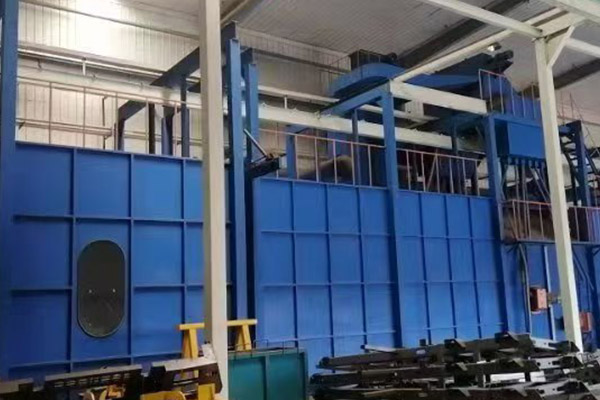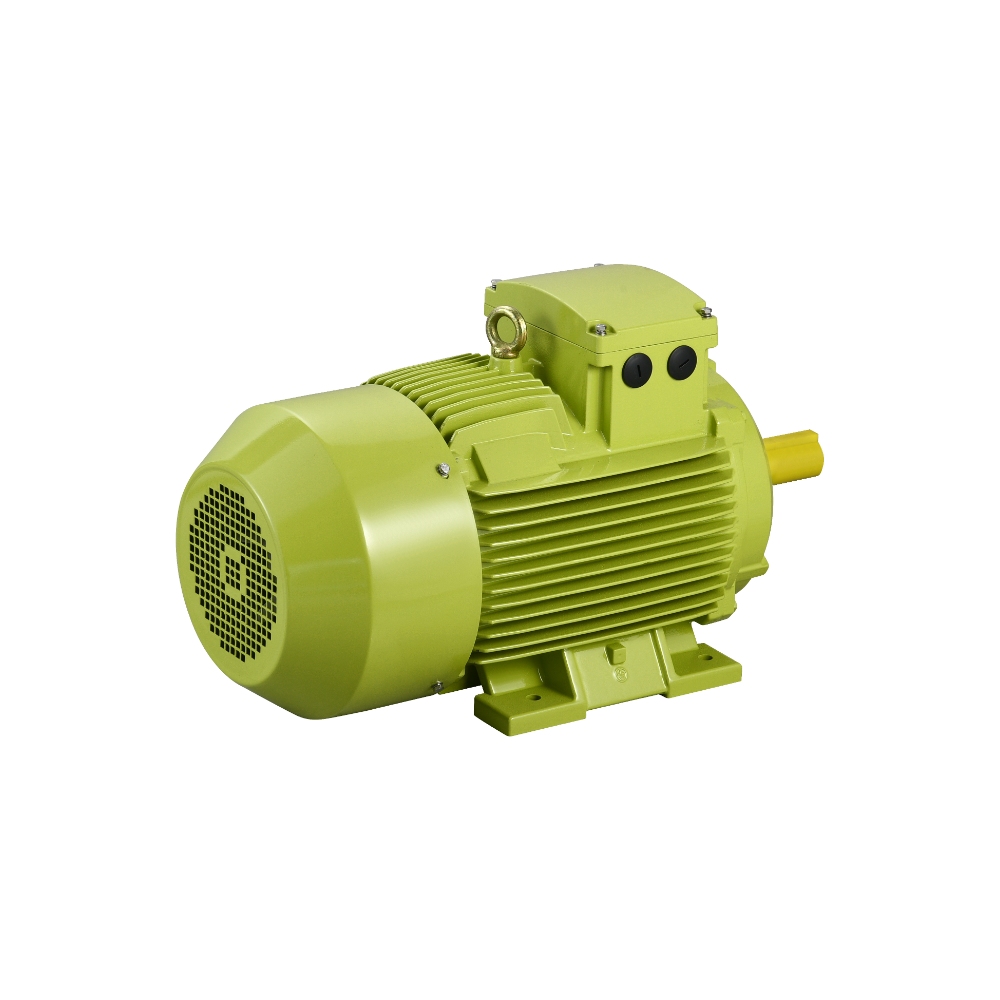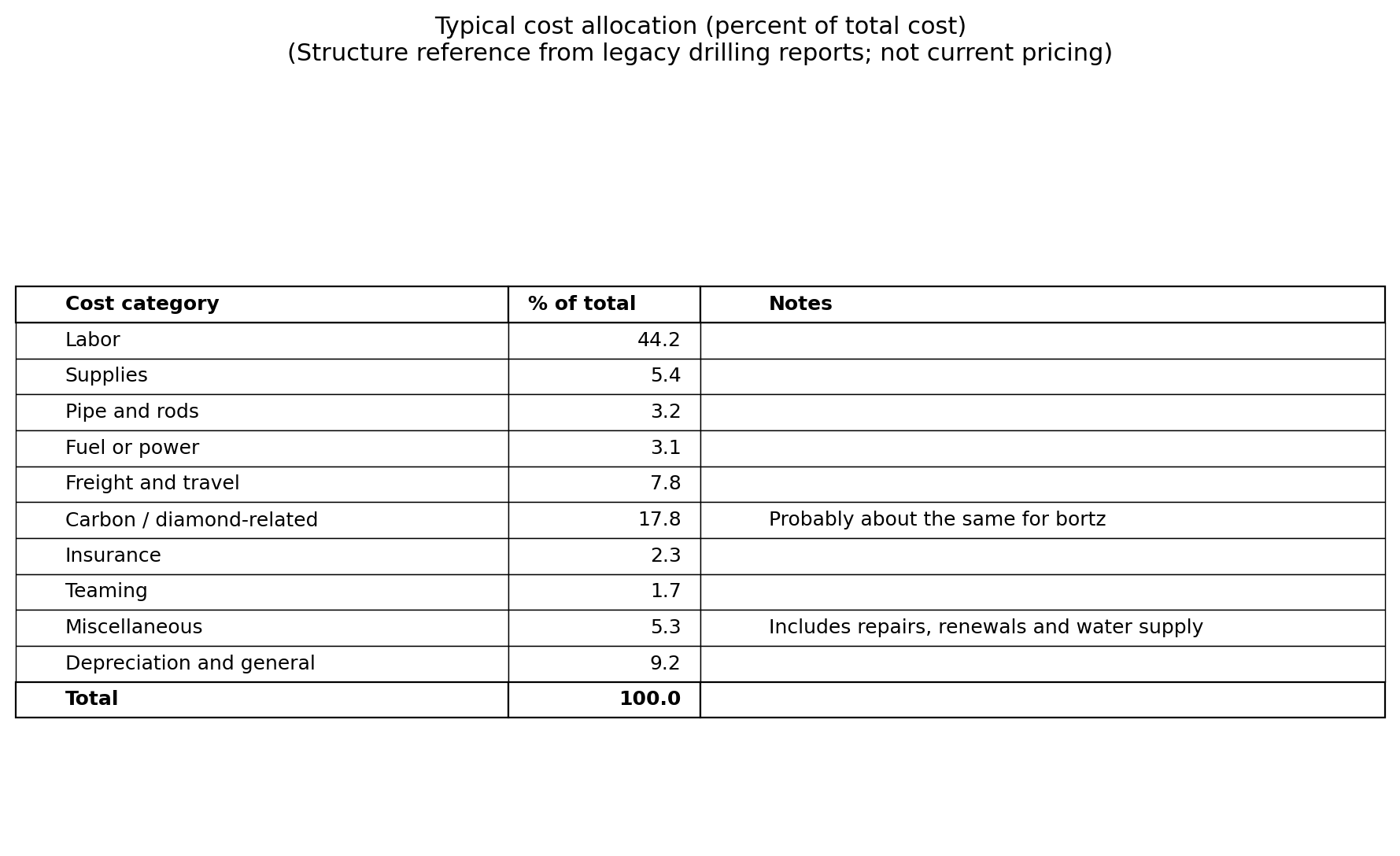When it comes to yard maintenance, leaf blowers have become indispensable tools for homeowners and landscaping professionals alike. As the market evolves, the debate surrounding the power and efficiency of electric leaf blowers versus their gas-powered counterparts has intensified. This article delves into the nuances of this comparison, examining performance metrics, environmental impact, and user experience to determine whether electric leaf blowers are indeed more powerful than gas models.
Understanding Power Metrics
The power of a leaf blower is typically measured in terms of air speed (measured in miles per hour, or MPH) and air volume (measured in cubic feet per minute, or CFM). These two metrics are crucial for assessing the effectiveness of a leaf blower in moving debris.
- Air Speed (MPH): This measurement indicates how fast the air is expelled from the blower. Higher air speeds are generally more effective for dislodging wet leaves or debris stuck to surfaces.
- Air Volume (CFM): This metric measures the amount of air the blower can move in a given time. A higher CFM is essential for clearing large areas quickly, as it indicates the blower's ability to move more debris at once.
Performance Comparison: Electric vs. Gas
Electric Leaf Blowers
Electric leaf blowers, particularly battery-operated models, have made significant strides in recent years. Many high-end electric blowers now offer impressive performance metrics that rival gas models.
- Power Output: Premium electric models can achieve air speeds of up to 200 MPH and CFM ratings exceeding 600. This performance is often sufficient for residential tasks, including clearing leaves from lawns, driveways, and patios.
- Weight and Maneuverability: Electric blowers are generally lighter than gas models, making them easier to handle for extended periods. This can be particularly advantageous for users with larger properties or those who may struggle with the weight of gas blowers.
- Noise Levels: Electric leaf blowers are significantly quieter than gas models, often operating at around 60-70 decibels compared to the 90-100 decibels typical of gas blowers. This reduced noise pollution is a considerable benefit for residential areas.
Gas Leaf Blowers
Gas-powered leaf blowers have long been favored for their raw power and extended runtime.
- Power Output: Many gas models can achieve higher CFM ratings, often exceeding 700 CFM, making them ideal for heavy-duty tasks and larger properties. They also tend to maintain consistent power levels, even when tackling dense or wet debris.
- Runtime: Gas blowers can operate for extended periods without the need for recharging, making them suitable for larger jobs where access to power outlets may be limited.
- Durability and Maintenance: Gas blowers are typically built to withstand rigorous use, but they require more maintenance, including fuel mixing, oil changes, and spark plug replacements.
Environmental Considerations
One of the most significant factors in the electric vs. gas debate is environmental impact. Electric leaf blowers produce zero emissions during operation, making them a more eco-friendly choice. In contrast, gas blowers emit pollutants and contribute to greenhouse gas emissions, raising concerns about air quality and environmental sustainability.
User Experience and Practicality
The choice between electric and gas leaf blowers often comes down to user preference and specific needs:
- For Residential Use: Homeowners with smaller yards or those who prioritize ease of use and low maintenance may find electric leaf blowers more appealing. Their lightweight design and quieter operation make them ideal for suburban settings.
- For Professional Landscapers: Professionals managing larger properties or commercial spaces may lean towards gas models for their power and extended runtime. However, advancements in battery technology are beginning to close this gap, with some landscapers opting for high-capacity battery blowers that can handle demanding tasks.
Conclusion: The Verdict
So, are electric leaf blowers more powerful than gas? The answer is nuanced. While high-end electric models can match or even exceed the performance of gas blowers in certain metrics, gas models still hold an edge in raw power and runtime for heavy-duty applications. Ultimately, the choice between electric and gas leaf blowers should be guided by individual needs, preferences, and environmental considerations. As technology continues to advance, the gap between these two types of leaf blowers is likely to narrow, making it an exciting time for consumers in the market for yard maintenance tools.




